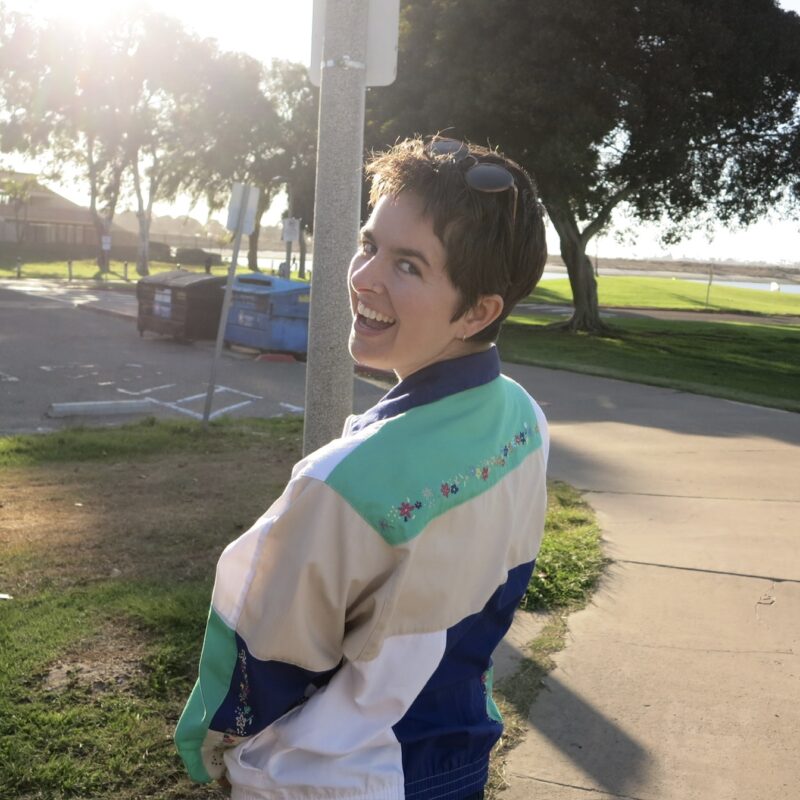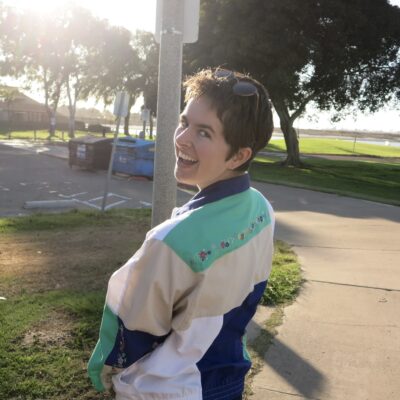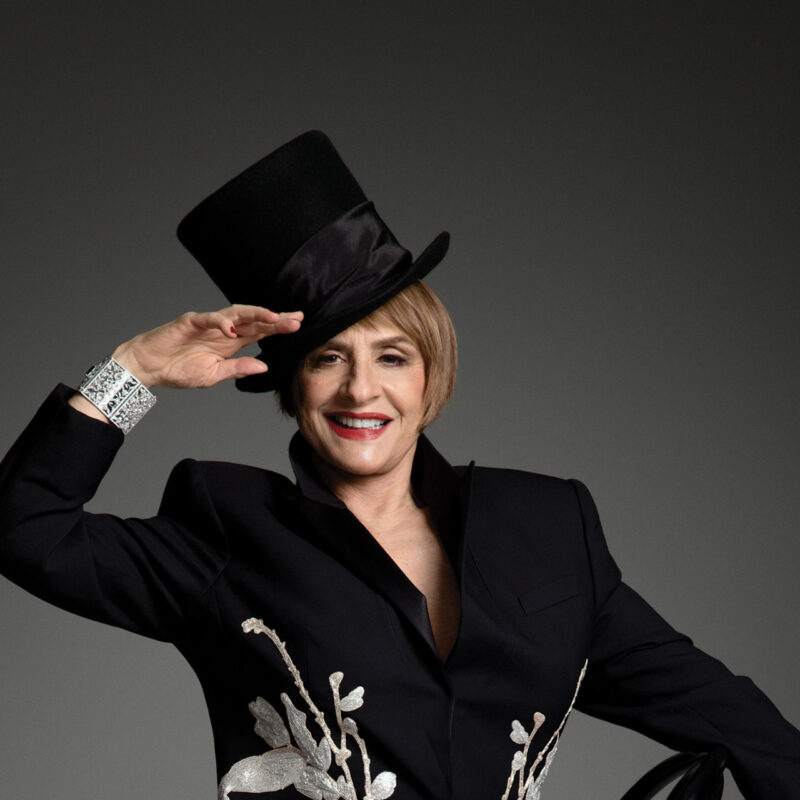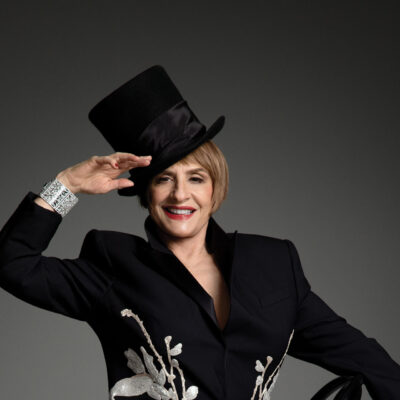Charlottesville resident, author, UVA professor, and dad of two boys, Bruce Holsinger may want to add prognosticator to his CV. His new novel, The Gifted School, is about privilege, parenting, inequity, and the corrosive extremes that parents go to in order to ensure their kids’ educational advantage. The novel arrives in the aftermath of a headline-grabbing college admissions scandal and an article by the New York Times and ProPublica that exposed equity crises in Quest, Charlottesville’s public school gifted program. It’s almost like Holsinger saw it coming.
“It is a bit disconcerting to see the novel come out in this climate when everyone is thinking about privilege in relation to school admissions,” Holsinger says. Yet, “people have been thinking about that for a long time.”
In fact, Holsinger first conceived The Gifted School about 15 years ago, while he was living in Boulder, Colorado, after his first child was born. “I wanted to explore these issues around pressure parenting, helicopter parenting, and privilege, and the way those [things] feed into questions about children and the way that we parent,” he says.
The story of The Gifted School emerges from the lives of four women who become close friends after meeting at a baby swim class. Holsinger captures the intimate bonds and competitive nature of their friendship years later when their kids are in middle school. He uses the admissions process for a new school for gifted students to guide the unraveling of his characters, and expose the dark consequences of parental ambition. Relationships turn cutthroat, creating a ripple effect of strife among fifth grade BFFs, a first-generation immigrant artist and his family, a teenage vlogger and her audience, and a midlife-crisis dad and his soccer star sons. Characters are tested and contrasted through assessments, parental interventions, and dire consequences.
While comparisons to Charlottesville can’t be avoided when talking about a book by a local writer that’s set in a community with extreme parenting (the fictional city of Crystal) and equity issues, Holsinger says his inspiration for the novel is solidly founded in the Rocky Mountain state. “This book is very much a Colorado book,” he says. “I lived there for nine years and the place really imprinted on me—the things I loved about it and things that made me uncomfortable about it—and this is a novel of that place.” But, he admits, the “experience as a father of soccer players is from here.”
He also confesses to his own participation in angling to define his child as exceptional, once even lying about his son’s age, subtracting it a bit, in order to make him seem more advanced than other kids on the playground. “When my kids were younger, I was never above massaging the facts a bit,” Holsinger says.
The intricate layers of perspective in The Gifted School allow Holsinger to dig deep into the lives of his middle school characters as well as the adults. “I didn’t want to write this just about parents and just about parenting and friends and frenemies and so on. I wanted it also to be about the pressures that kids face in an environment of intense scrutiny and testing from the point of view of parents and schools.”
Holsinger says he had “the most fun and the most challenge” coming up with the point of view of 11-year-old Emma Z, who he calls more socially gifted than intellectual, and sharp as a tack. Xander is the same age and a chess genius who masterminds a major plot twist. “I wanted to work those two in tandem with each other so that you’d have a clash of sensibilities,” says Holsinger. “So that world of the children could be as rich as possible.”
Holsinger’s characters find emotional closure by the end of the book, but the pervasive anxiety that drives The Gifted School is not entirely resolved, and Holsinger says the complexity of the topics he explores is always evolving, adding that while a novel is not an opinion piece, it’s certainly an important conversation starter.
“Given all the very fraught issues around giftedness in terms of race and economic privilege and differential treatment of children in the public schools…I hope one takeaway from the book is that it might hold up a mirror to people…and ask them to think about them in a more self-critical way…it can be hard to step outside your own point of view. One thing fiction can do is provide a bit of a lesson on how to do that.”





